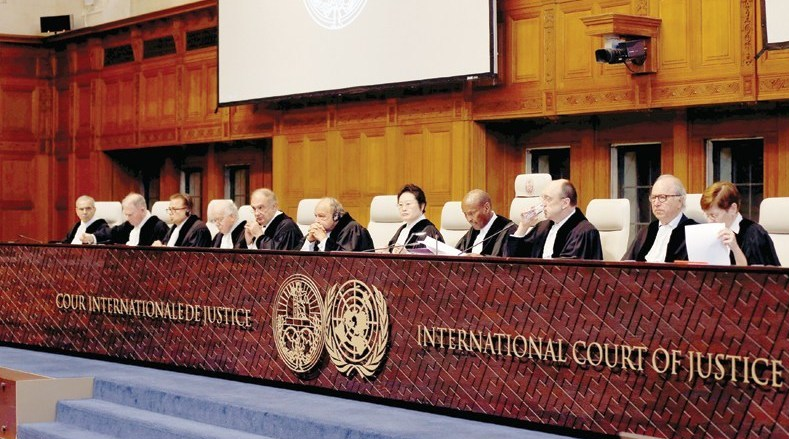ICJ’s Jurisdiction
The Court’s role as the main judicial organ of the UN is to settle the submitted legal disputes between states and also to give advisory opinions on legal questions referred to it by authorized United Nations organs and UN’s specialized agencies.
Strictly speaking, ICJ has jurisdiction over:
- Settling the Contentious Cases, in which the Court renders its judgment and its judgment is binding upon the parties to the dispute.
- Providing Advisory Opinions, in which the Court answers legal questions raised in regard to International Law.
The Court renders its decisions in respect of the disputes between states, based on the voluntary participation of the States concerned.
As per Article 36 of the Court’s Statute:
” The jurisdiction of the Court comprises all cases which the parties refer to it and all matters specially provided for in the Charter of the United Nations or in treaties and conventions in force.
The states parties to the present Statute may at any time declare that they recognize as compulsory ipso facto and without special agreement, in relation to any other state accepting the same obligation, the jurisdiction of the Court in all legal disputes concerning:
A: The interpretation of a treaty;
B:Any question of international law;
C:The existence of any fact which, if established, would constitute a breach of an international obligation;
D:The nature or extent of the reparation to be made for the breach of an international obligation.”
By: Dr. Parastou Esmailzadeh
Attorney at Law, PhD in International Law, Head of International Trade Law Department




